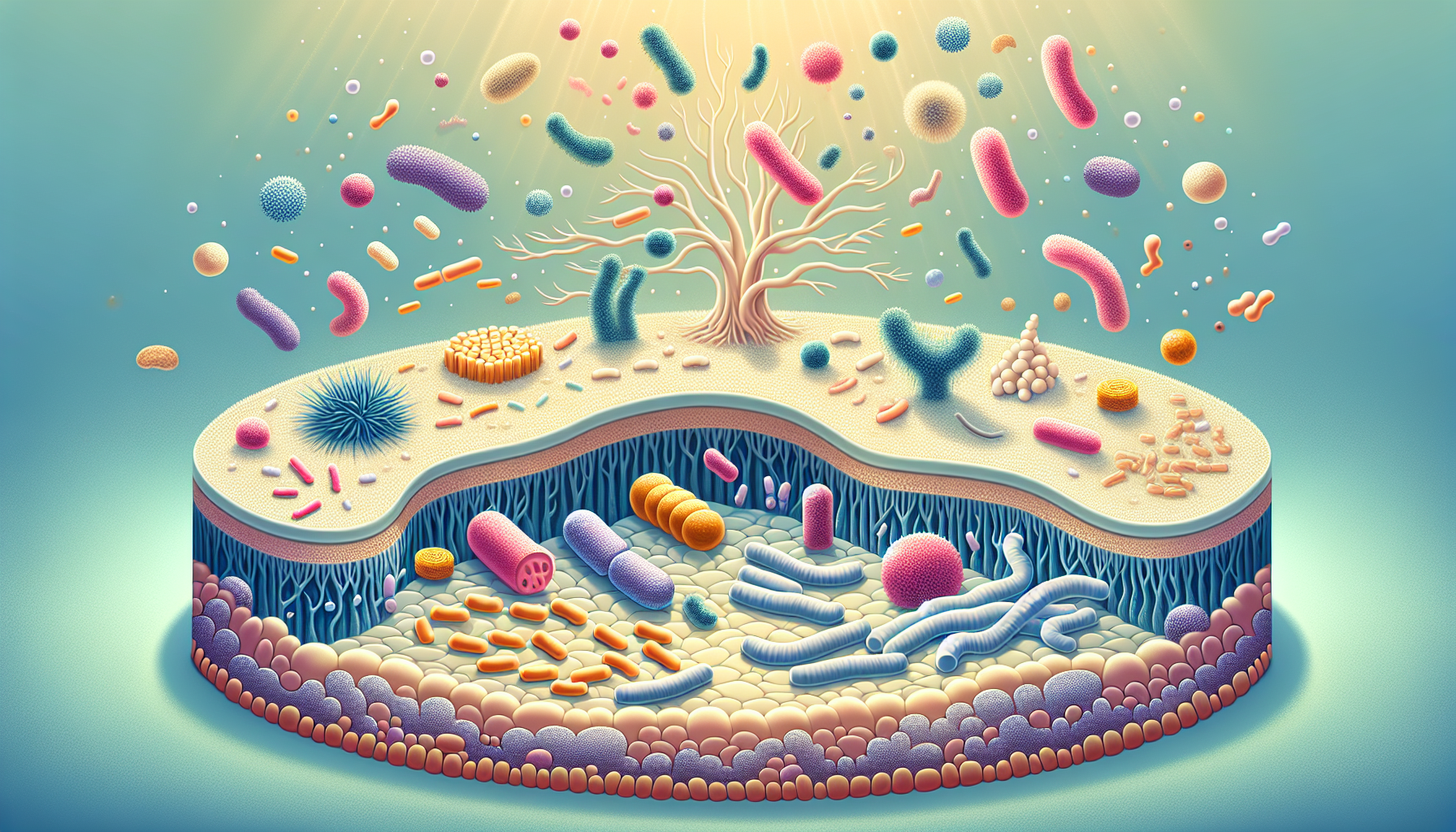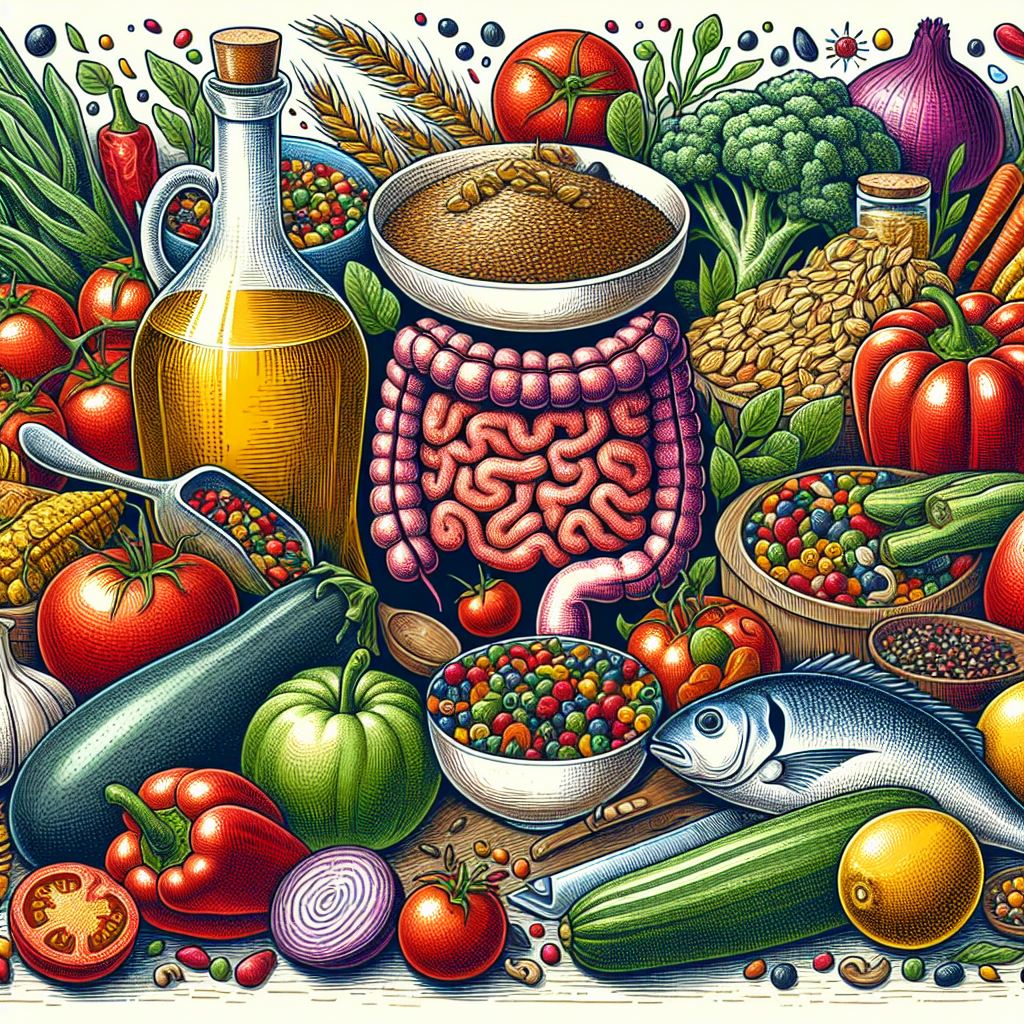In recent years, the intricate connection between the gut and the brain has emerged as one of the most fascinating areas in health and wellness. The gut-brain axis, a complex communication network involving direct and indirect pathways, suggests that our digestive system does more than just process food—it can also significantly influence our mental state. This article delves into the profound relationship between gut health and mental wellbeing, underscoring why maintaining a robust gastrointestinal system is pivotal for psychological health.
The Gut-Brain Axis: A Two-Way Communication
The gut-brain axis is the bidirectional communication system linking the central and the enteric nervous system, linking emotional and cognitive centers of the brain with peripheral intestinal functions. This system involves various pathways, including the vagus nerve, immune system, enteric nervous system, and even gut microbiota, which can produce and respond to neurotransmitters and hormones.
Emerging evidence suggests that a healthy gut microbiota is vital for proper brain function. Conversely, an imbalance in gut microbiota—known as dysbiosis—may contribute to a range of psychological and neurological disorders. For more detailed information on maintaining a healthy digestive system, the article on Digestive Health provides valuable insights.
Microbiome Diversity and Mental Health
The human gut is home to trillions of microorganisms, including bacteria, viruses, and fungi, collectively known as the microbiome. The diversity and balance of these microorganisms are crucial for gut health and, as research increasingly shows, for mental health as well.
Multiple studies have found correlations between microbiome diversity and mental health conditions such as depression and anxiety. For instance, certain strains of probiotics (beneficial bacteria) have been associated with the production of serotonin and dopamine, neurotransmitters that play a key role in mood regulation.
Furthermore, a robust gut microbiome can help to mitigate inflammation, which has been identified as a potential contributor to depression. One way to support microbiome diversity is through diet. The article on the Benefits of Omega-3 Fatty Acids for Digestive Health illustrates how certain nutrients can foster a healthy gut environment conducive to mental wellbeing.
Diet, Digestion, and Mood
What we eat not only fuels our bodies but also affects our gut microbiota and, subsequently, our brain function. Diets rich in fruits, vegetables, whole grains, and lean proteins can promote a diverse microbiome, which benefits both digestive and mental health. In contrast, diets high in processed foods and sugar may negatively affect the microbiome, potentially leading to mood disorders.
The Mediterranean diet, for instance, is renowned for its beneficial effects on both physical and mental health, thanks to its emphasis on plant-based foods, healthy fats, and lean proteins. This eating pattern has been associated with lower levels of depression and anxiety.
Incorporating specific foods known for their positive impact on gut health, such as those rich in fiber and probiotics, can also be beneficial. The article on Tackling Constipation Through Diet and Lifestyle Changes provides practical advice on dietary choices that can enhance gut function and, by extension, mental health.
Stress, the Gut, and Its Impact on Mental Health
Stress is an inevitable part of life, but chronic stress can wreak havoc on the gut microbiome, leading to a host of issues, including gastrointestinal disorders and mental health challenges. The release of stress hormones like cortisol can alter gut permeability, immune response, and even the balance of gut bacteria.
Managing stress through mindfulness, exercise, and relaxation techniques can help maintain gut health and stabilize mood. Exploring the relationship between stress and colon health in Evaluating the Impact of Stress on Colon Health can provide a deeper understanding of these dynamics.
External Resources Supporting Gut-Mental Health Links
While the understanding of the gut-brain connection continues to grow, several high-quality external resources offer specific insights into this area:
- The International Society for Microbial Ecology provides cutting-edge research on the microbiome and its role in human health, including mental wellbeing.
- The American Psychological Association features articles and resources that discuss the psychological impact of gut health.
- The Mental Health Foundation offers resources on the importance of diet and nutrition for mental health, emphasizing the gut-brain link.
Future Directions in Gut-Brain Research
As the field of gut-brain research advances, we can expect more targeted interventions aimed at improving mental health through gut health. This may include personalized probiotics, dietary modifications, and stress-reduction techniques tailored to an individual’s unique microbiome.
Conclusion
The relationship between gut health and mental wellbeing is complex and multifaceted. A healthy gut contributes to a healthy mind, and vice versa. Understanding this connection can lead to more holistic approaches to treating mental health disorders and to maintaining overall wellbeing.
By nurturing our gut microbiota through a balanced diet, stress management, and lifestyle choices, we can harness the power of the gut-brain axis to enhance our mental health. As research continues to unfold, it’s clear that the state of our gut is inextricably linked to the state of our mind.



